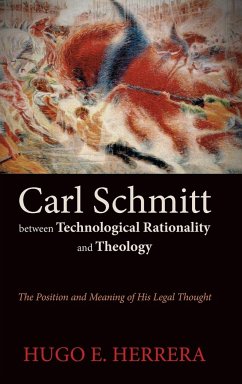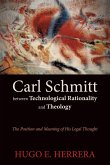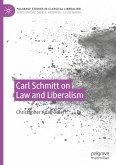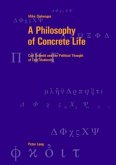Carl Schmitt, one of the most influential legal and political thinkers of the twentieth century, is known chiefly for his work on international law, sovereignty, and his doctrine of political exception. This book argues that greater prominence should be given to his early work in legal studies. Schmitt himself repeatedly identified as a jurist, and Hugo E. Herrera demonstrates how for Schmitt, law plays a key role as an intermediary between ideal, conceptual theory and the complexity of practical, concrete situations. Law is concerned precisely with balancing the extremes of theory and reality, and in this respect, Schmitt associates it with philosophical thinking broadly as being able to understand and explain the tensions in human experience. Reviewing and analyzing prevailing interpretations of Schmitt by Jacques Derrida, Heinrich Meier, and others, Herrera argues that the importance of Schmitt's legal framework is both significant and overlooked.








